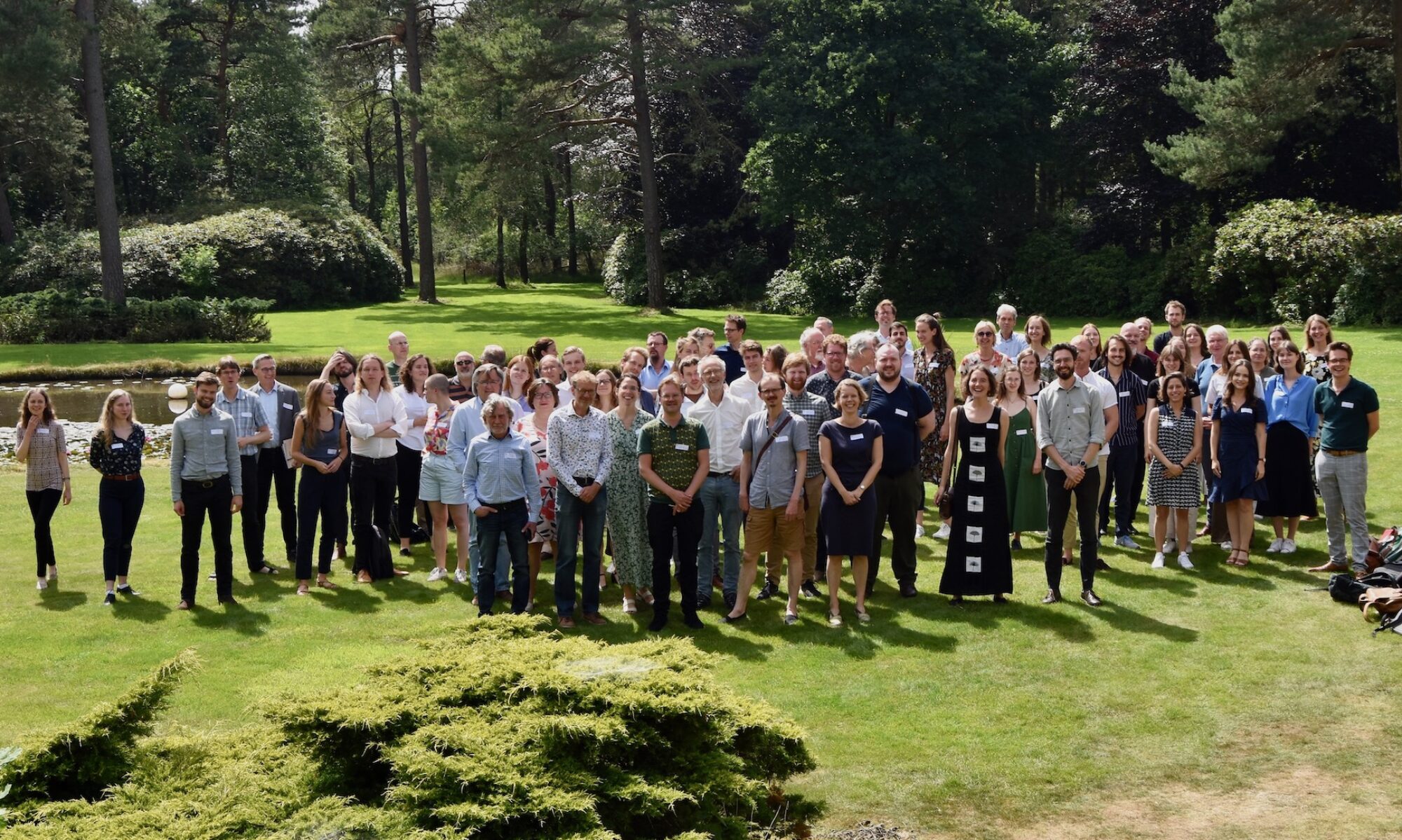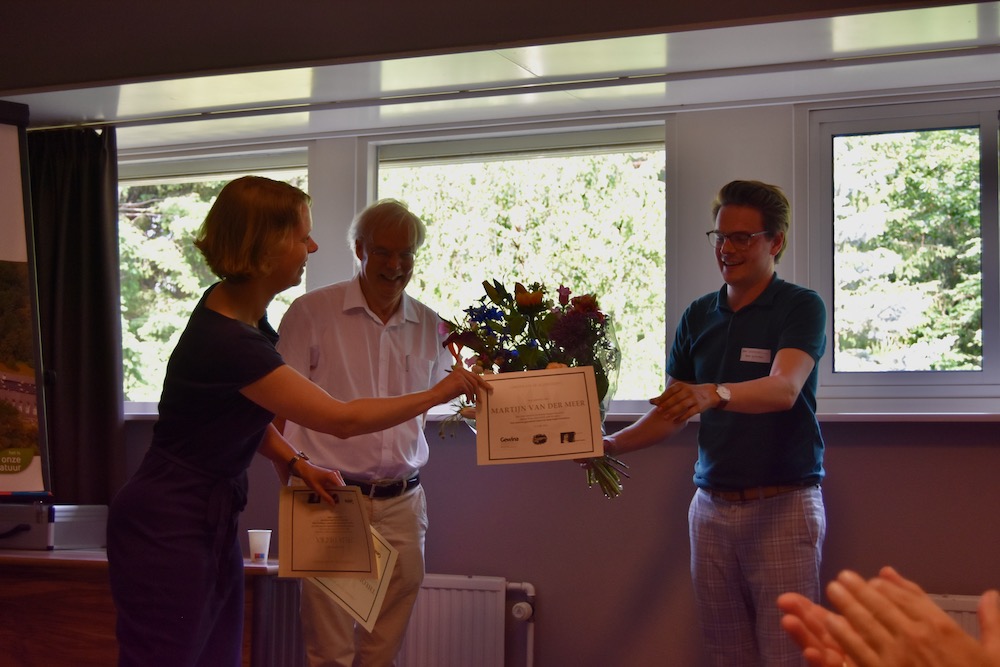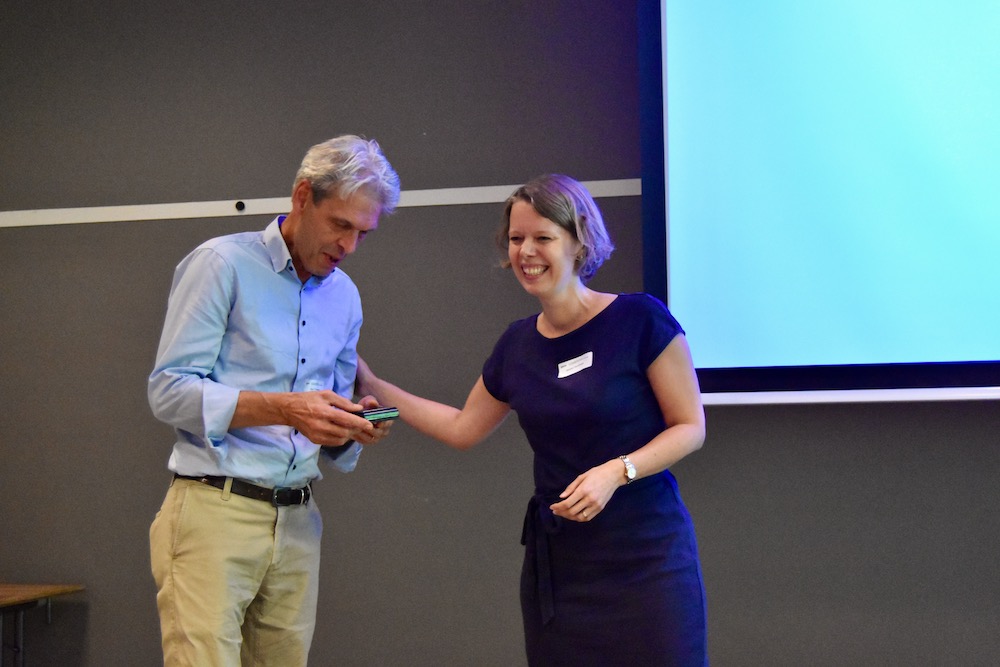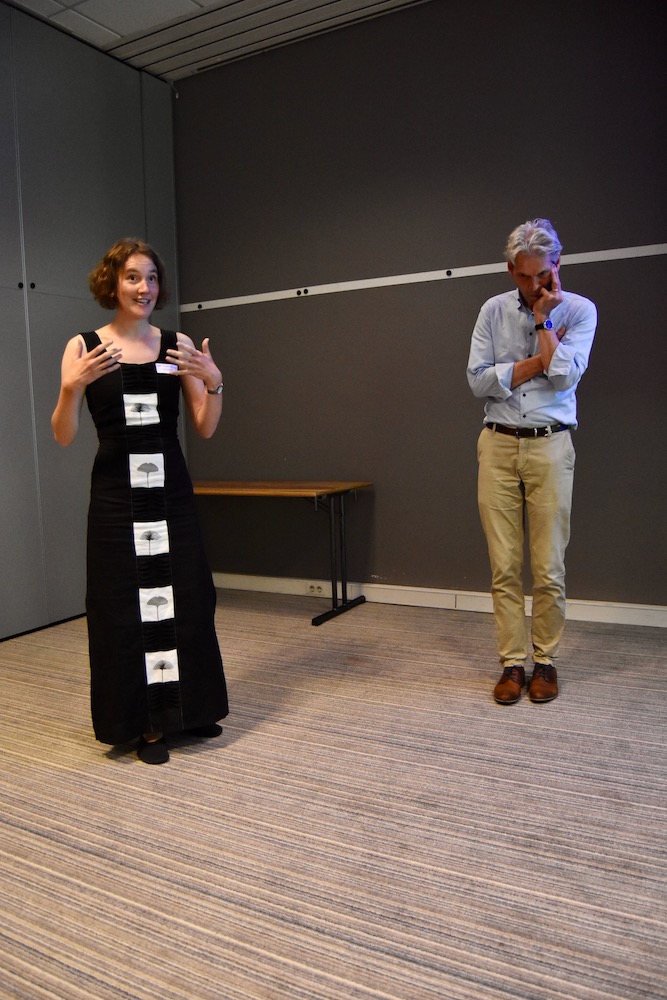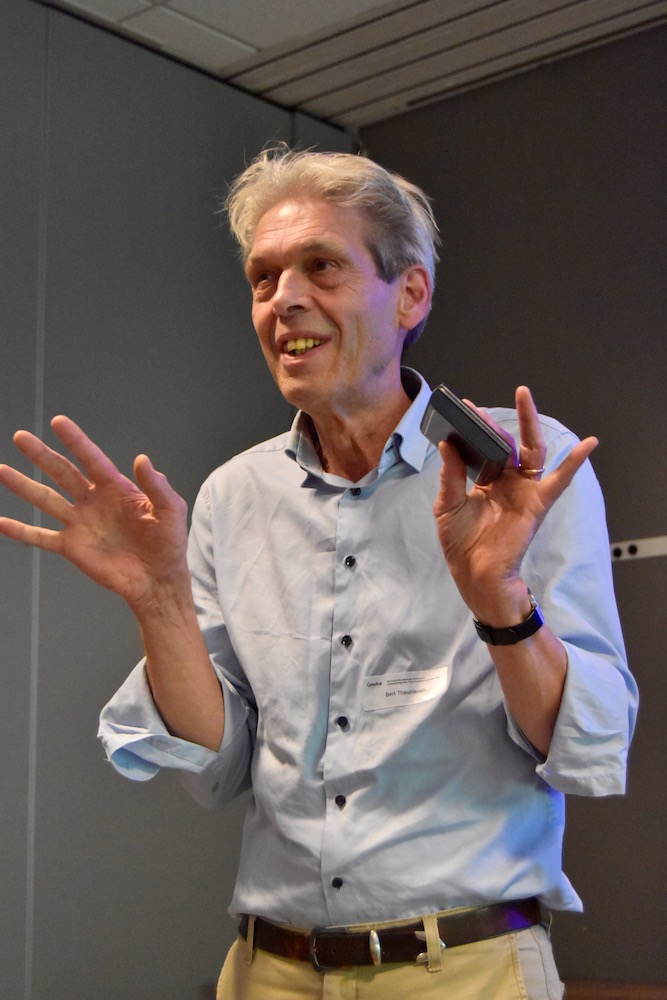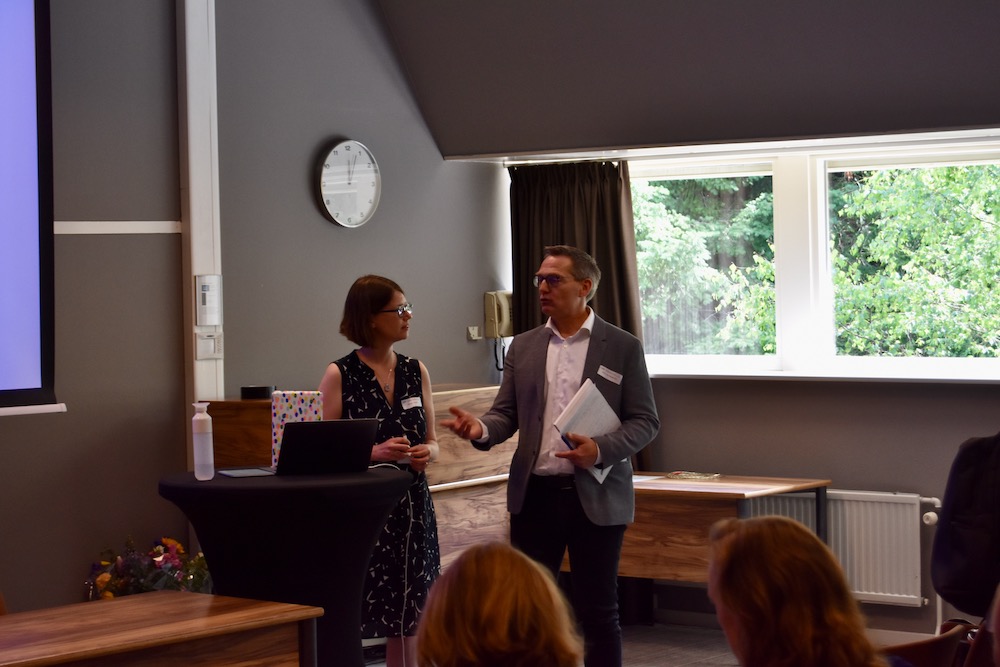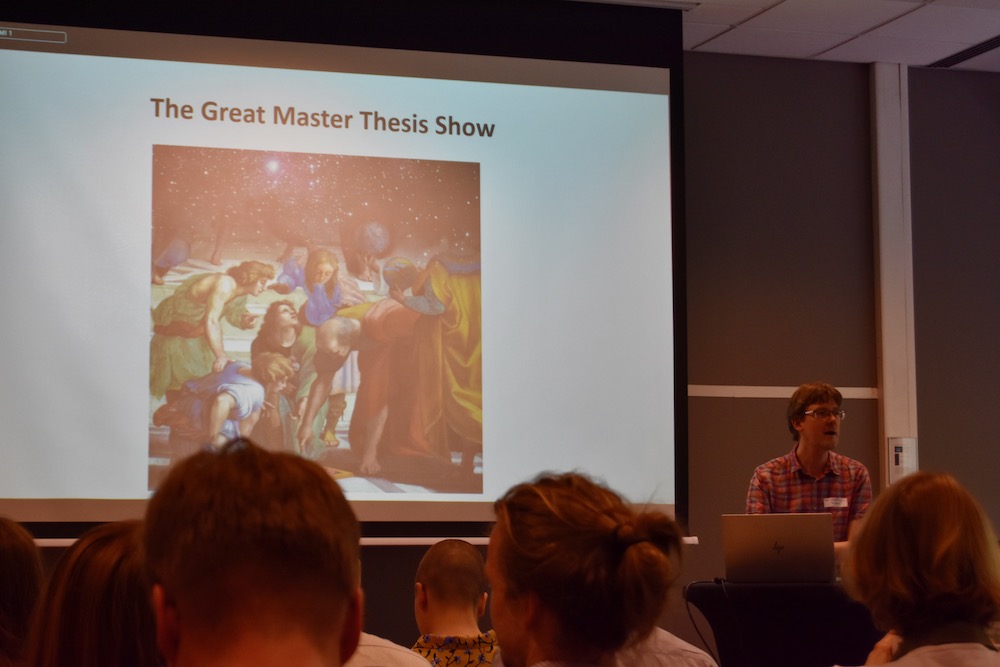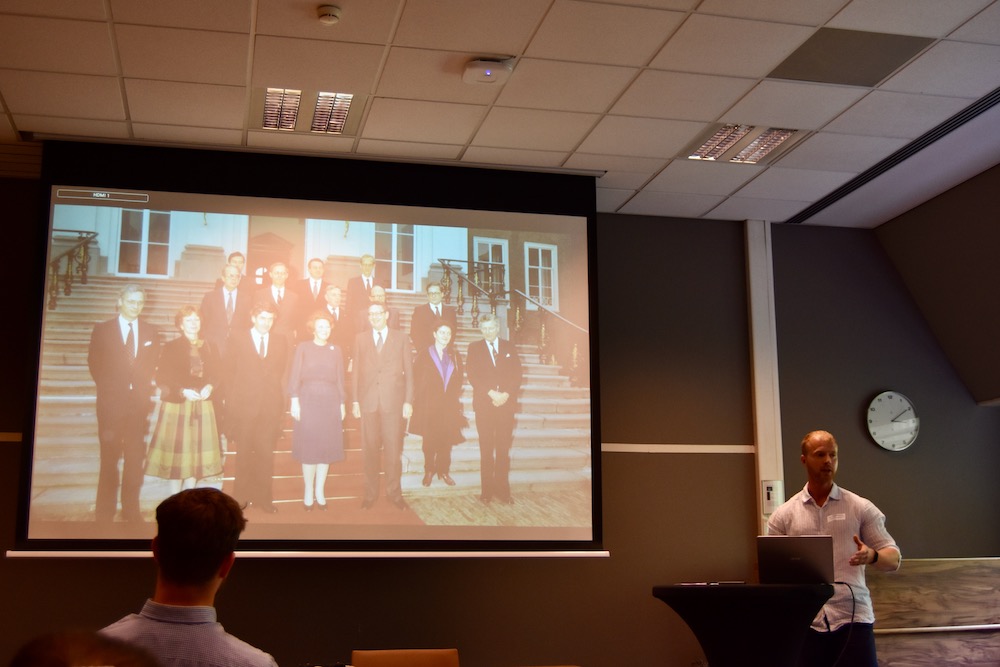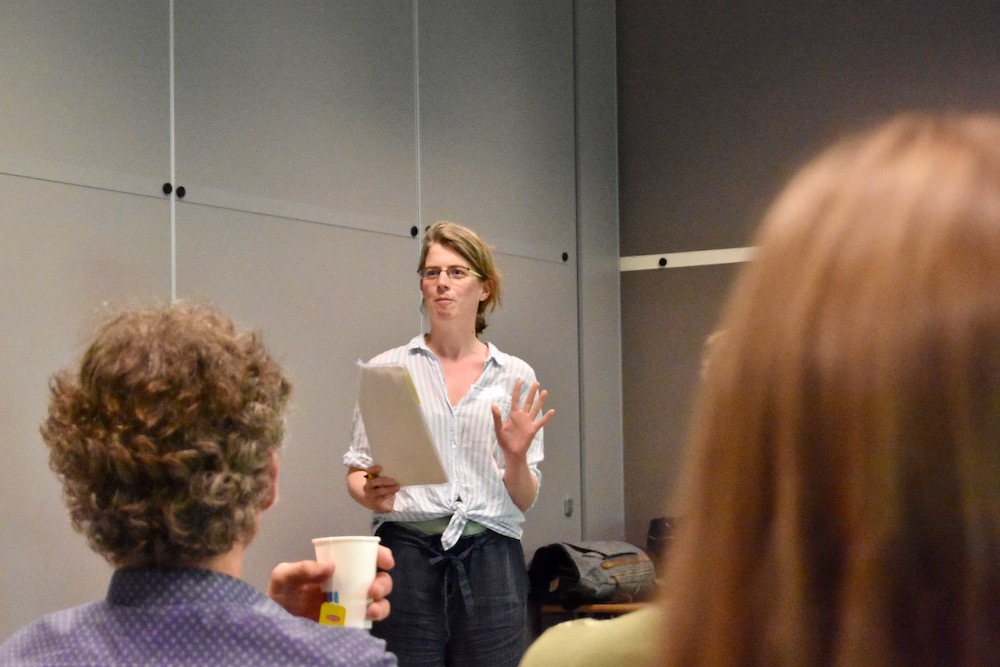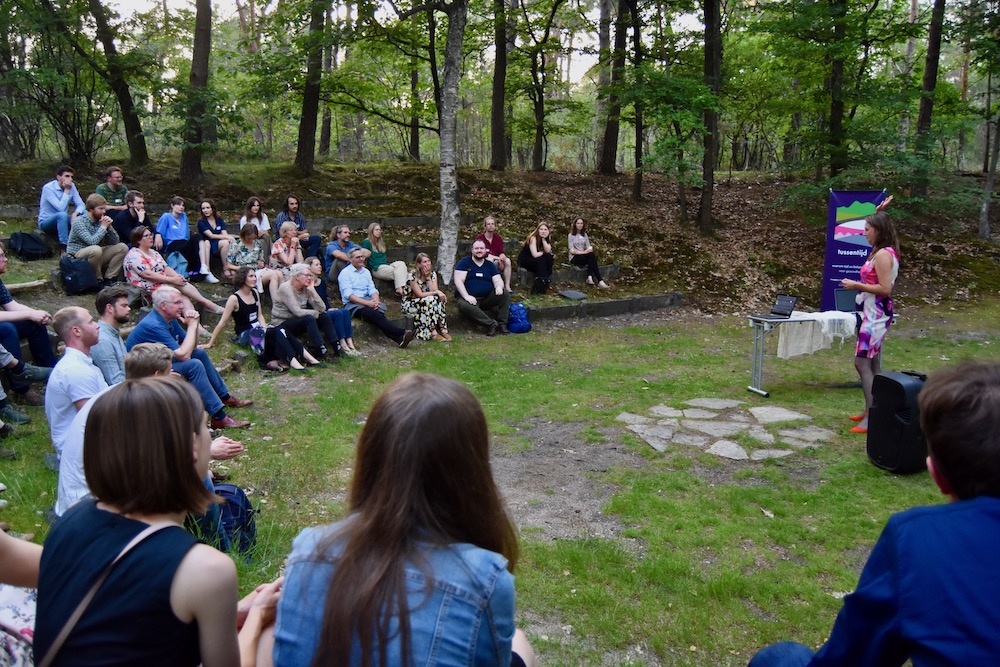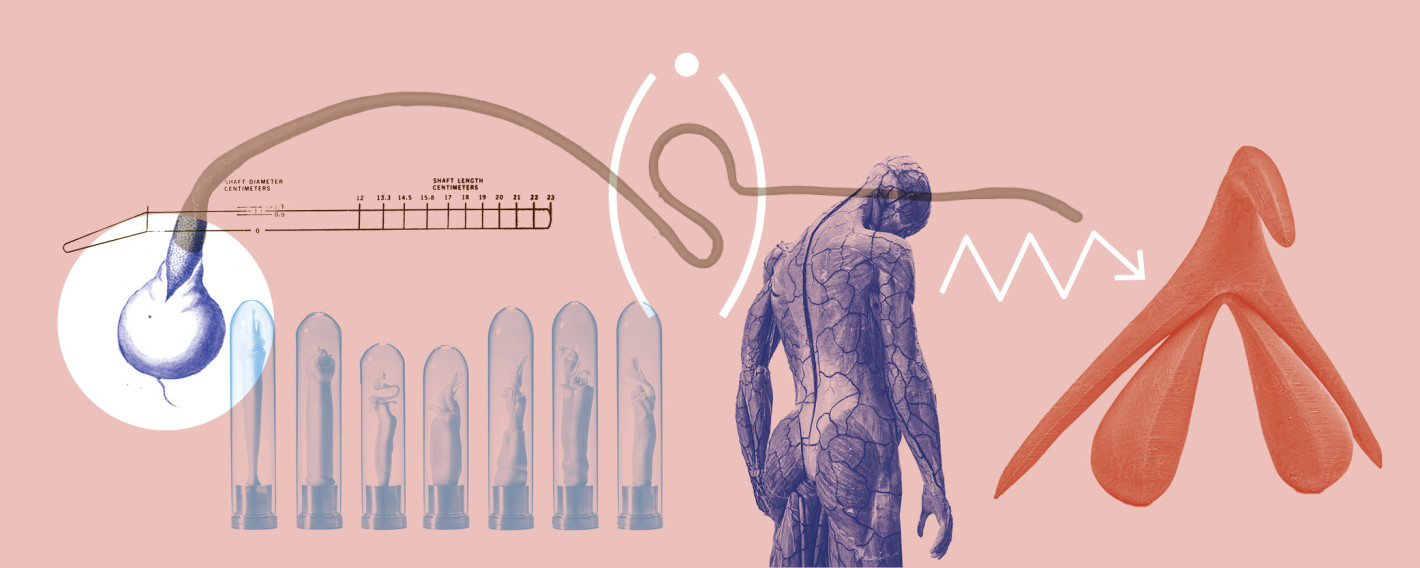Categorie: Bijeenkomsten
Woudschoten Congres 2022 in foto’s
9th Gewina Meeting of Historians of Science in the Low Countries: Register now!
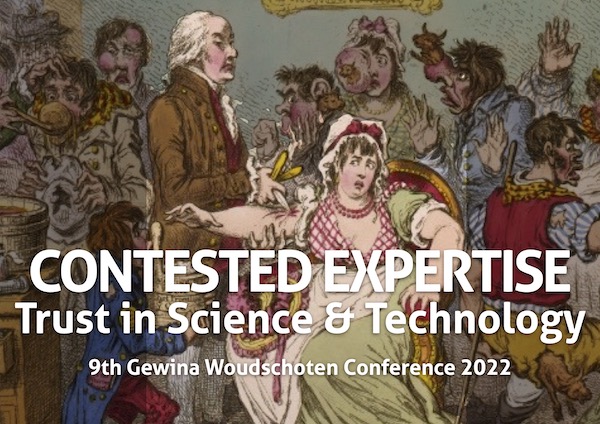
Contested Expertise: Trust in Science and Technology
Woudschoten Conference Center, Zeist, 17-18 June 2022
Welcome to the conference! We want to thank you for your enthusiastic response to the call for papers and look forward to your presentations. If you have any questions about registration, the programme, or other organisational issues, please mail us at contestedexpertise@gmail.com
Programme
Please click here to download the latest Programme of the Conference (updated on 13 June 2022).
Lees verder “9th Gewina Meeting of Historians of Science in the Low Countries: Register now!”Students Thesis Café
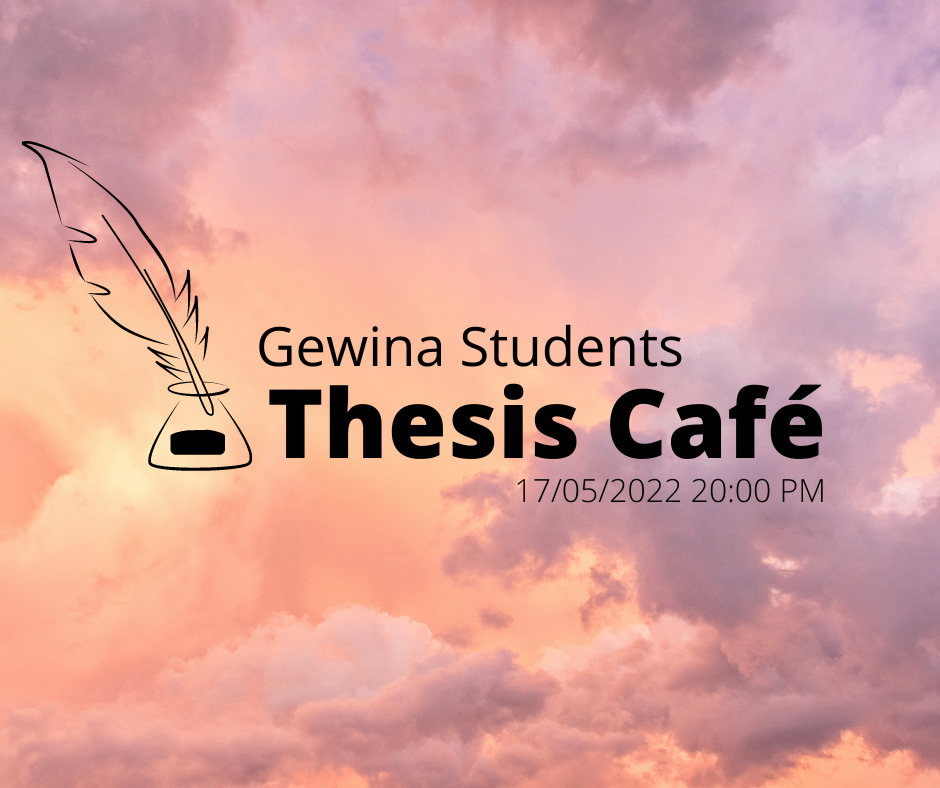
Tuesday 17 May 2022 8pm
We would like to invite students to the Gewina Students thesis café on Tuesday May 17 at 20.00. During this informal meeting students can share best practices on issues like writers block, deadline stress or how best to deal with feedback. Sign up here !
Best wishes,
Claire Morrison & Tim Debroyer
Call for papers: Does Science need Heroes? (Nobel) Prize cultures in the Netherlands
The history of the Nobel Prize, the most prestigious and visible science award in the world, is since the very beginning in 1901 intertwined with Dutch science history. Counting more than twenty Dutch laureates to date, among others Einthoven, van ’t Hoff and Tinbergen, the Netherlands rank among the top ten nations in the statistics of Nobelists per country.
Having said that, our understanding of how awards have been and are used as a symbol for excellence has remained poor. Using the Netherlands as a case-study, this symposium aims at investigating how scientific prizes in general and the Nobel Prize in particular are enacted in different settings (museums, universities, cities) and for various purposes. Drawing on current discussions about ‘heroes’ in science (vs. teamwork), we wish to explore the meanings and motives of scientific accolades in the Netherlands and beyond.
Lees verder “Call for papers: Does Science need Heroes? (Nobel) Prize cultures in the Netherlands”Lentebijeenkomst
Gent, donderdag 19 mei 2022
Vanaf oktober 2020 zijn we een nieuw museum rijker. Het gloednieuwe Gents Universiteitsmuseum (GUM) is een museum over wetenschap, onderzoek en kritisch denken, waar bezoekers kunnen ontdekken dat wetenschap het resultaat is van vallen en opstaan, twijfel en verbeelding.
Op donderdag 19 mei organiseert Gewina in samenwerking met het GUM onze lentevergadering. We hopen natuurlijk dat jij er ook bij bent!
Lees verder “Lentebijeenkomst”